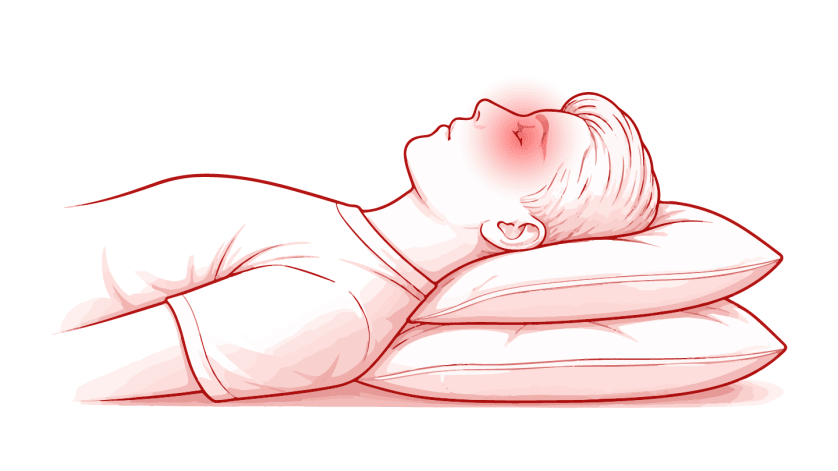
February 12, 2026





Stay up to date with the latest clinical headlines and other information tailored to your specialty.
Thank you for signing up for the Daily News alerts. You will begin receiving them shortly.

September 01, 2022
Glaucoma Physician


March 01, 2023
Glaucoma Physician
